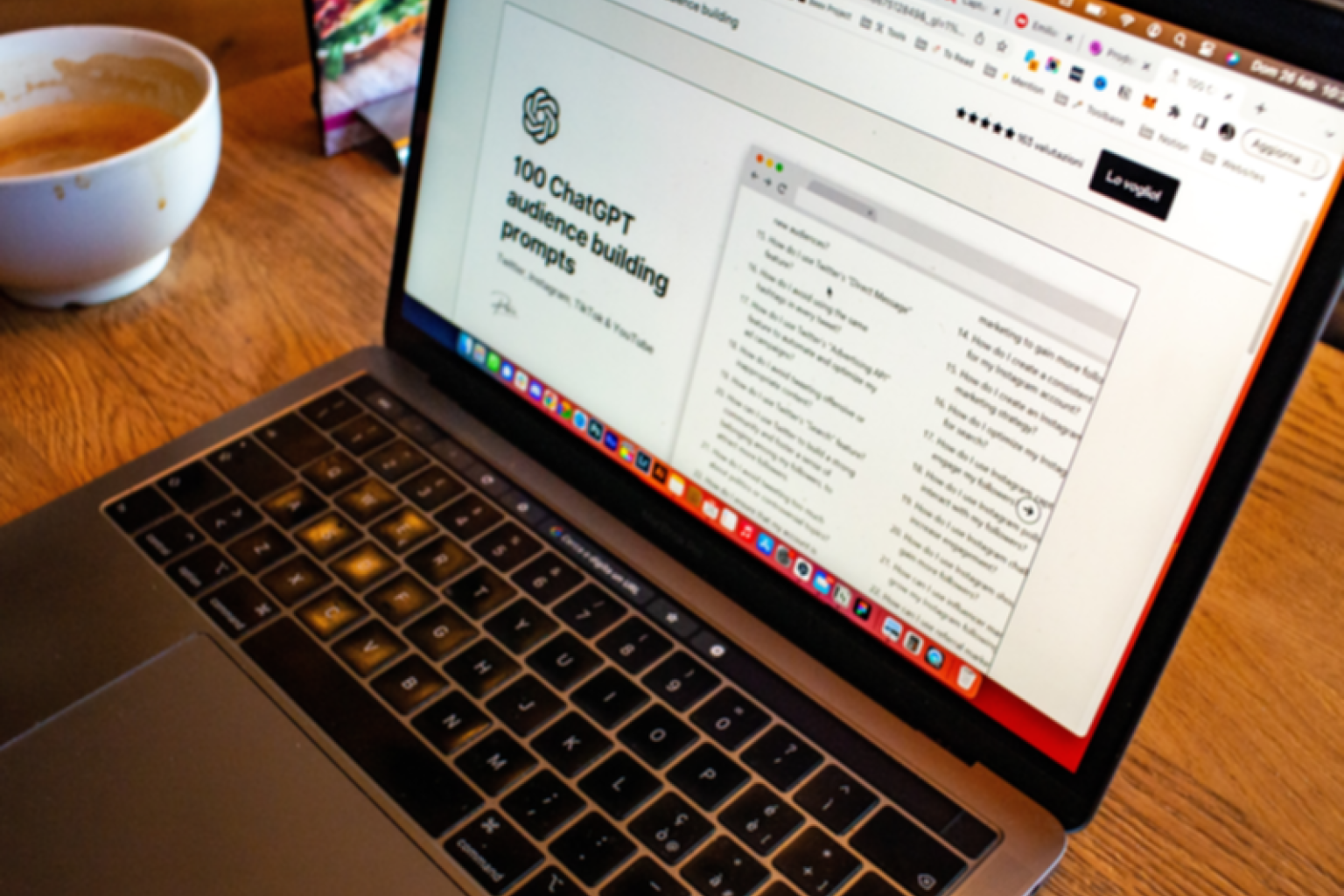Automate Your Decision-Making with ChatGPT
Published on

Automated decision-making has become increasingly prevalent in many industries. From healthcare to finance, organizations are leveraging AI and machine learning technologies to streamline their decision-making processes. While the use of AI in executive positions may seem like a distant concept, a recent news article revealed that a video game company named NetDragon Websoft, had already appointed an AI as its CEO last year (opens in a new tab).
In this article, we will focus on decision-making with ChatGPT, an AI language model developed by OpenAI, which has gained significant attention in recent years. We will discuss ChatGPT's capabilities, potential applications, and limitations. Furthermore, we will explore how ChatGPT can be used in research and provide tips on using the tool in a research paper.
What is ChatGPT Auto Decision-Making?
ChatGPT is a state-of-the-art language model developed by OpenAI that uses deep learning algorithms to generate natural language text. It was designed to mimic human-like language abilities and is capable of understanding complex concepts and nuances of language.
What sets ChatGPT apart from other language models is its ability to generate text that is coherent, contextual, and grammatically correct. It can complete sentences, paragraphs, and even entire articles with ease.
Examples of Automated Decision-Making
Automated decision-making is already prevalent in many industries. For example, banks use automated decision-making algorithms to approve loans, and e-commerce companies use them to recommend products to customers.
With ChatGPT's advanced language processing capabilities, it can be used to automate these processes and provide more accurate and efficient decision-making. For example, ChatGPT can be used to generate personalized product recommendations for customers based on their browsing history and purchase behavior.
Writing a Research Paper with ChatGPT
If you are using ChatGPT in a research paper, there are a few things to keep in mind. First, it is important to evaluate the outputs generated by the tool and ensure that they are accurate and relevant to your research question.
Furthermore, it is important to acknowledge the limitations of ChatGPT and any potential biases in the data it has been trained on. Finally, it is important to use ChatGPT as a tool to augment your research, rather than replace it.
Analyze Large Datasets with ChatGPT
In addition, ChatGPT can be used to analyze large datasets and identify patterns and insights that would otherwise be difficult to uncover. For example, ChatGPT can be used to identify correlations between different variables in a dataset by generating Python scripts to handle the data analysis process.
Limitations of ChatGPT
While ChatGPT is an advanced language model, it is not without limitations. One of the biggest limitations is its reliance on large amounts of data for training. This means that the quality of ChatGPT's outputs is directly related to the quality and quantity of the data it has been trained on.
Furthermore, there is a potential for bias in the training data, which can lead to biased outputs. ChatGPT may also struggle to understand context and provide accurate results in certain situations.
Conclusion: The Future of ChatGPT and Automated Decision Making
Despite its limitations, ChatGPT has the potential to revolutionize many industries. It is already being used in healthcare to diagnose diseases and recommend treatments, and in finance to analyze market trends and make investment decisions.
In the future, we can expect to see ChatGPT being used in many other industries to automate decision-making processes and improve efficiency.
FAQ
What is ChatGPT useful for?
ChatGPT is an AI language model developed by OpenAI that can be used for a wide range of tasks such as natural language processing, language translation, content creation, and conversation automation.
How companies are using ChatGPT?
Companies are using ChatGPT to automate customer support, generate product descriptions, summarize articles, create chatbots, and personalize marketing messages, among other use cases.
Can ChatGPT be used commercially?
Yes, ChatGPT can be used commercially by individuals, businesses, and organizations. However, there may be usage limits and licensing fees associated with commercial use.
Is ChatGPT content copyright free?
No, ChatGPT-generated content is not copyright-free. The user of the ChatGPT model is responsible for ensuring that they have the necessary rights and permissions for the content generated by the model.
Who owns the copyright in ChatGPT generated responses?
The copyright ownership of ChatGPT-generated responses is a complex issue that depends on factors such as the source material, the purpose of use, and the jurisdiction. In general, the user of the ChatGPT model is considered the copyright owner of the content generated by the model.
Is ChatGPT GDPR compliant?
ChatGPT can be made GDPR compliant by implementing appropriate privacy and security measures such as data minimization, user consent, data encryption, and data access controls. However, the responsibility for GDPR compliance ultimately lies with the user of the ChatGPT model.